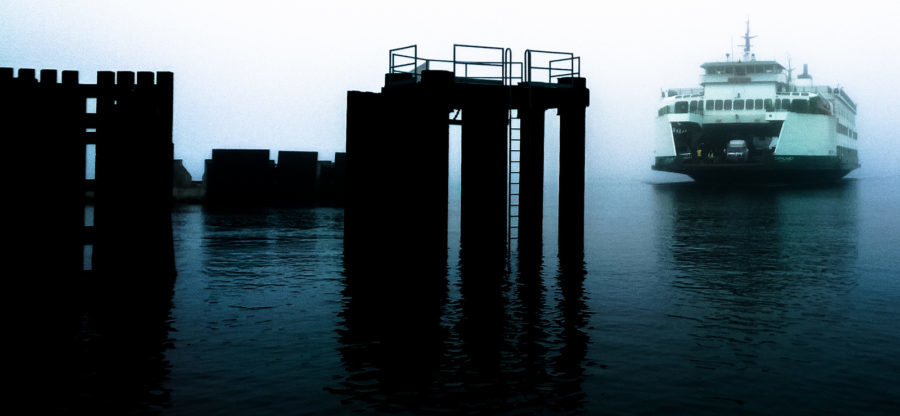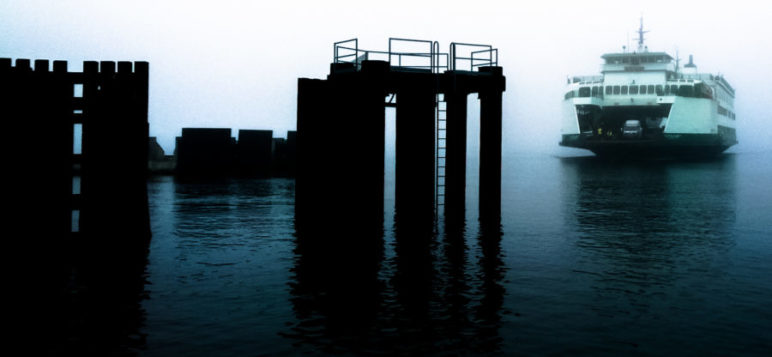Today, we’re looking back at our top articles from 2016. It’s worth remembering the inspiring wins that happened during a difficult year.
We took a deeper dive into housing and urbanism research, continued our work on stopping coal, oil, and gas infrastructure in the Pacific Northwest, exposed the financial instability of the coal industry, and helped pass a democracy reform initiative in Portland.
The Thin Green Line held strong this year, including numerous victories: defeating an oil terminal in Grays Harbor, a methanol terminal in Tacoma, a liquefied natural gas terminal in Jordan Cove, and many more. One of the most influential wins this year was the continuous indigenous resistance to fossil fuel infrastructure, from Standing Rock opposing the Dakota Access Pipeline to the Lummi Nation defeating the Gateway Pacific coal terminal. Next up on our path beyond carbon, Peabody Energy, the world’s biggest private coal company, and Arch Coal, North America’s second largest coal company, both filed for bankruptcy.
Thank you, our readers and supporters, for continuing to make Cascadia a global model of sustainability. Let’s move into the new year together, challenge injustices, and protect the values, people, and places in our community and beyond.
Now let’s take a look back at your fave Sightline articles from the year:
10. Lummi Nation Defeats Coal Export Terminal
In May, the US Army Corps of Engineers denied a permit for the proposed Gateway Pacific coal export terminal outside of Bellingham, Washington! It was the Lummi Nation that carried the day—fighting for its tribal rights put the final nail in the coffin.
9. How Industry and Regulators Kept Public in the Dark After 2014 LNG Explosion in Washington
Sightline’s in-depth research into the Plymouth, Washington, liquid natural gas (LNG) explosion reveals that the LNG industry is creating a false safety record, and current regulations allow the industry to do so. Sightline researcher Tarika Powell explains how the public was kept in the dark and why events at Plymouth should inform Oregon’s and Washington’s analysis of the three current LNG terminal proposals.
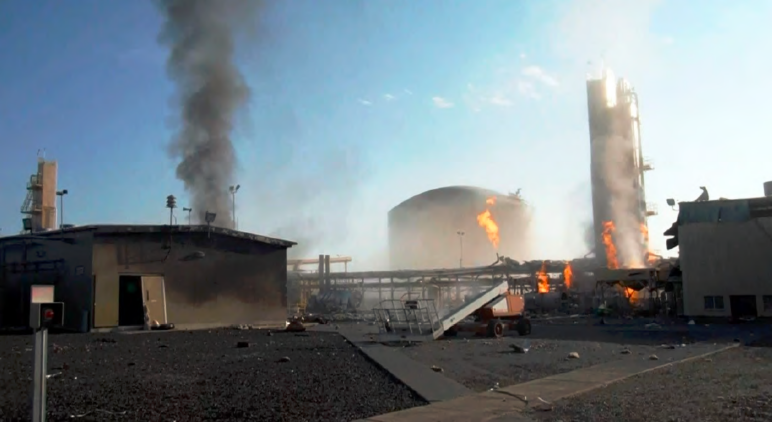
Fires burn at site of Plymouth LNG explosion. by Washington Utilities and Transportation Commission (Used with permission.)
8. Dakota Access Pipeline: Misleading the Court, the Public…or Both?
With just a few days before the alleged deadline, it’s time for the company behind the Dakota Access Pipeline to stop the doubletalk and set the record straight: does it face a January 1 contractual deadline with its shippers or not? This current quandary makes this article a must read.
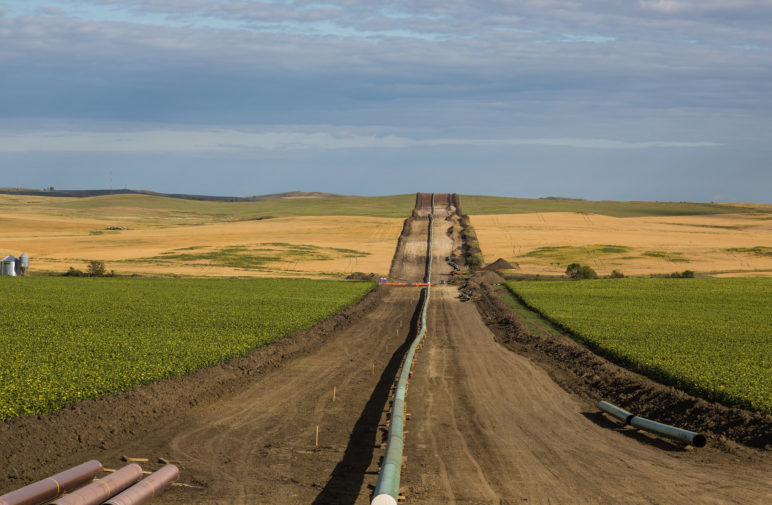
Dakota Access Pipeline by Tony Webster used under CC BY-SA 2.0
7. Five Stories To Watch in the Arch Coal Bankruptcy
This year, Arch Coal, North America’s second largest coal company, filed for bankruptcy. This came as no surprise since nearly 50 US coal mining companies have filed for bankruptcy protection since the beginning of 2012. Sightline director of energy finance Clark Williams-Derry highlights the top stories to watch for as the bankruptcy unfolds.
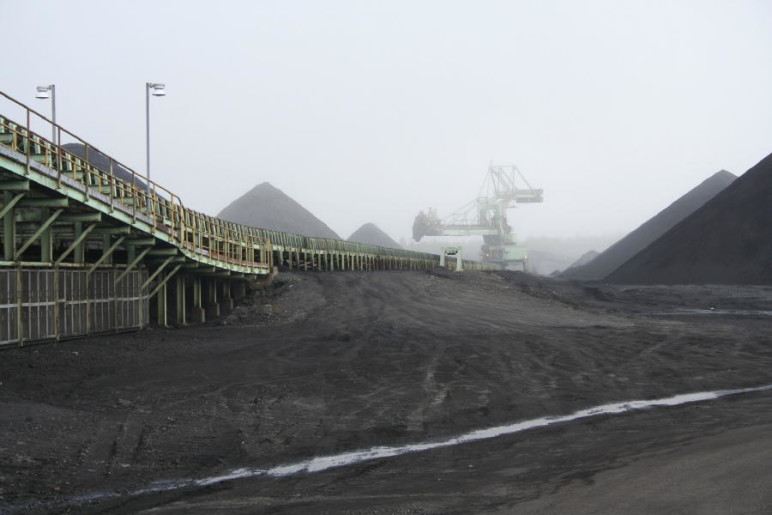
Ridley Coal Terminal by Astair used under CC BY-NC-SA 2.0
6. Why Vancouver Trounces the Rest of Cascadia in Building ADUs
In Vancouver, BC, fully one-third of single-family houses have legal Accessory Dwelling Units (ADUs)—otherwise known as mother-in-law units and backyard cottages. In Portland and Seattle, scarcely one percent of houses sport a permitted secondary dwelling. This popular article reveals what’s holding back Cascadia’s ADUs and how building more ADUs is a big opportunity for addressing housing shortages in growing cities.
5. Exclusionary Zoning Robs Our Cities of Their Best Qualities
Regulations that restrict the production of new housing allow the wealthy to outbid the poor. Sightline senior researcher Dan Bertolet highlights eight ways exclusionary zoning makes our communities more expensive and less just, and features opportunities to eradicate exclusionary zoning and empower equitable access to the city.

Seattle neighborhood by Harold Hollingsworth used under CC BY-SA 2.0
4. Why You’re Still Not Bringing a Reusable Mug for Your Daily Coffee
Did you know fewer than two percent of coffee lovers bring their own mugs to Starbucks to save a dime on their beverage? What will it take to get people to bring reusable mugs to coffee shops? This article examines what reusables are up against and how Cascadia can be the model of a caffeinated culture shift.
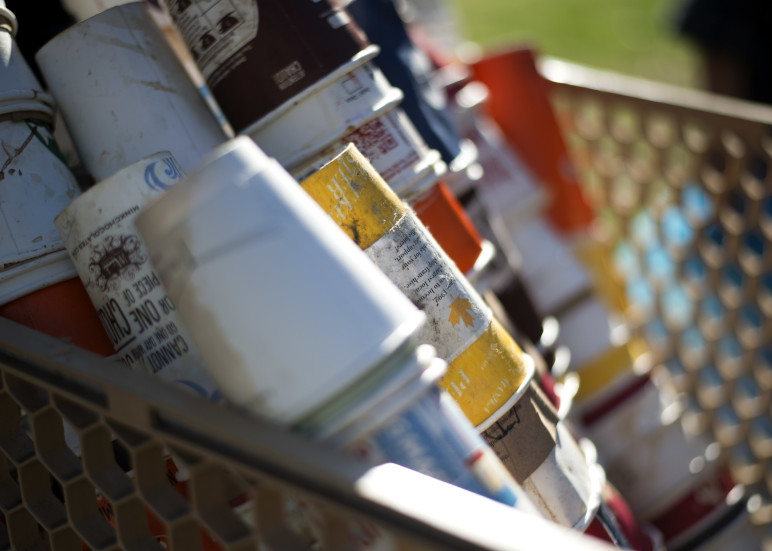
Disposable Coffee Cups Stacked by The Binners’ Project (Used with permission.)
3. The United States Needs More Than Two Political Parties
The popularity of Bernie Sanders and the shocking win of Donald Trump show that American voters want more options. Sightline senior researcher Kristin Eberhard explains how 40 percent of Americans identify as Independents and how more political parties would better represent voters’ views. Proportional representation voting would boost civic engagement, cripple gerrymandering, end partisan gridlock, and more.

Bernie Sanders and Donald Trump used under CC BY-SA 2.0 (Two photos adapted by Flickr users Gage Skidmore and Phil Roeder.)
2. Legalizing the Tiny House
Did you know tiny houses are usually illegal? This popular post exhibits the myriad of tiny house regulations and permitting predicaments, and highlights the ways cities are working towards policy solutions that will bring tiny houses in from the cold.
1. How Seattle Killed Micro-Housing
The top Sightline article of the year is yet another housing article that details how Seattle outlawed micro-housing, one bad policy at a time. This smart, sustainable, and affordable housing option held enormous potential for thousands of residents. So, what now? Can we bring back micro-housing? Read on!
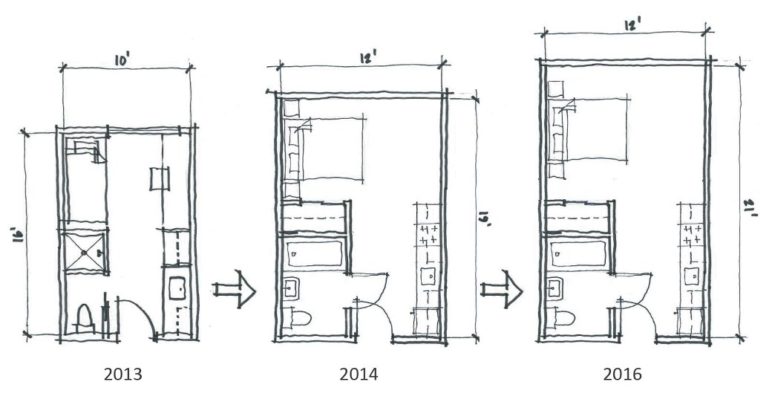
Seattle Micro-housing, by the rules, 2013-2016. Sketch by David Neiman (used with permission)

